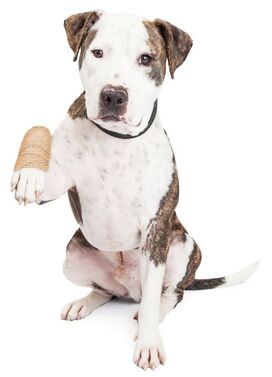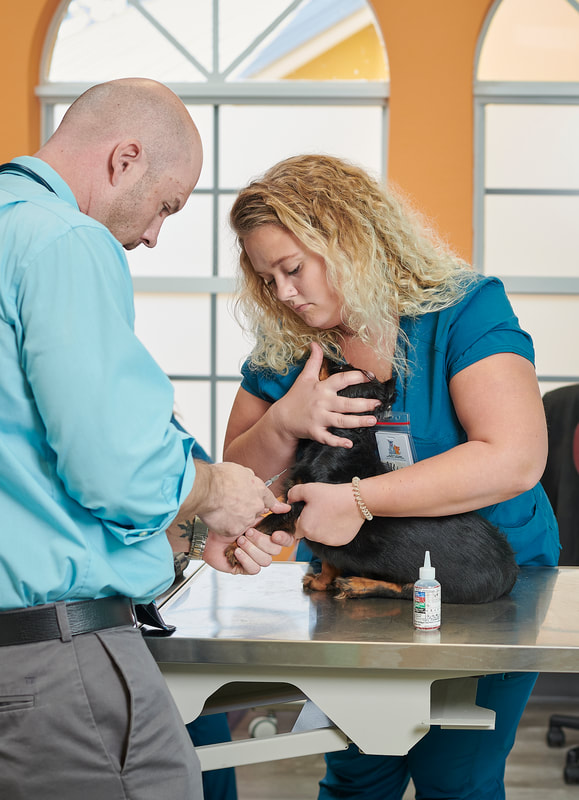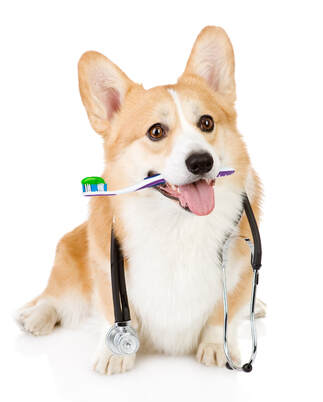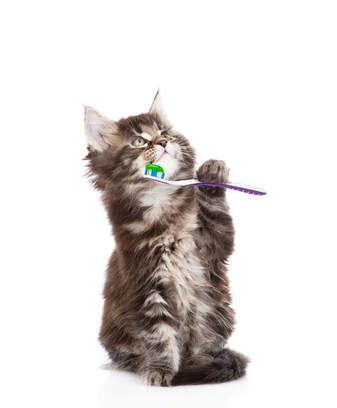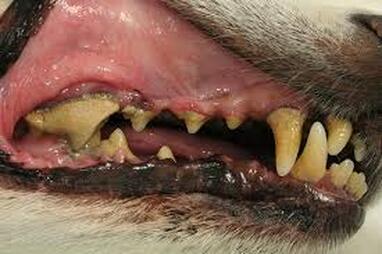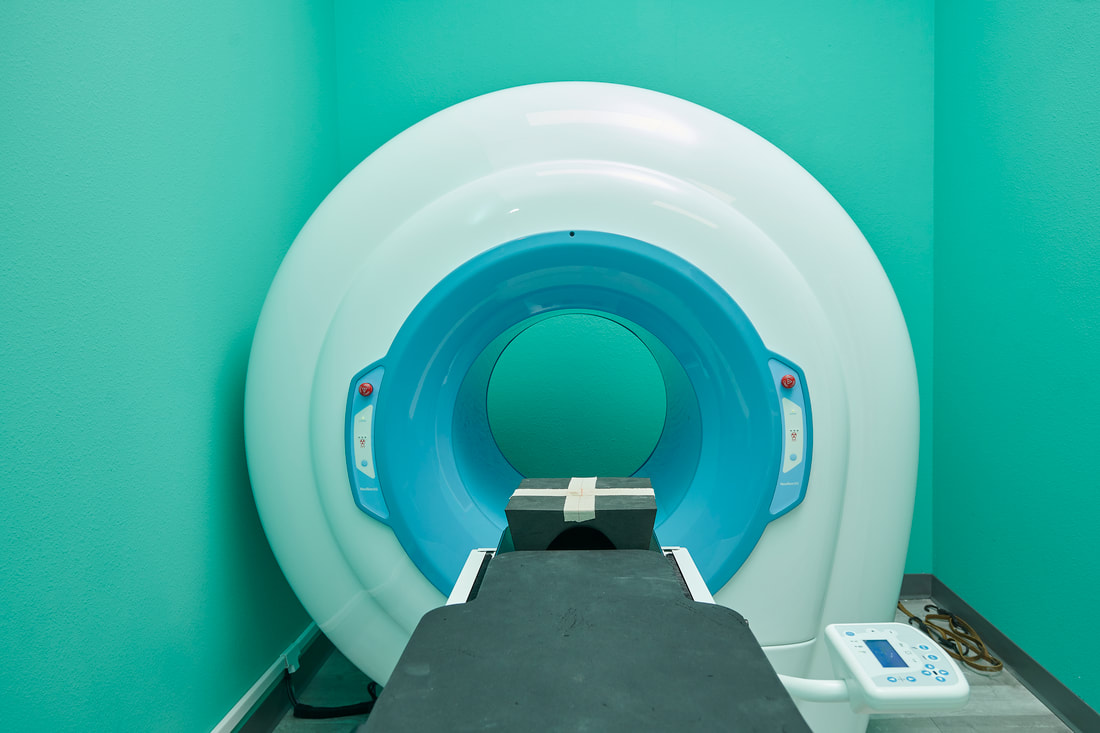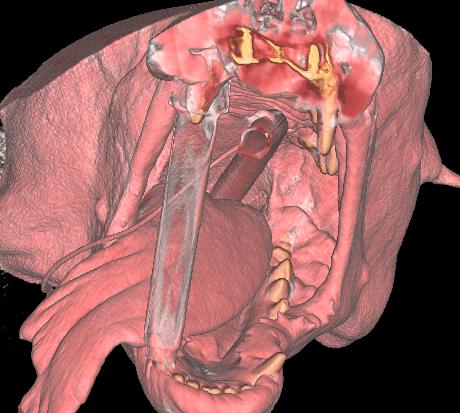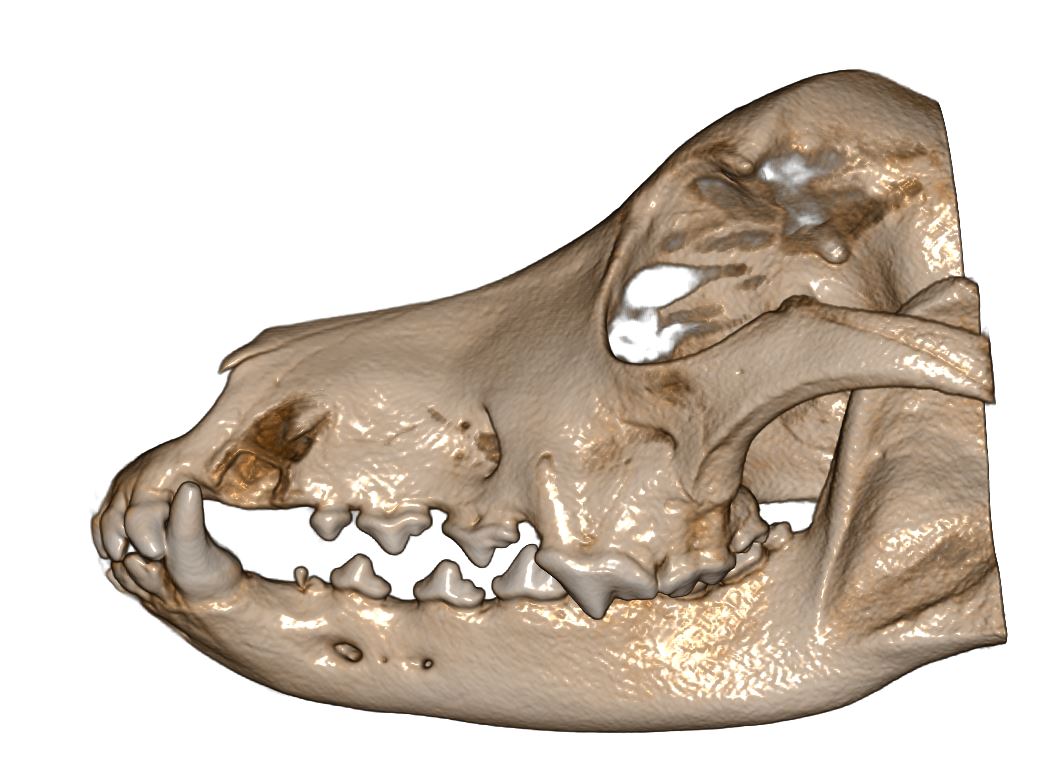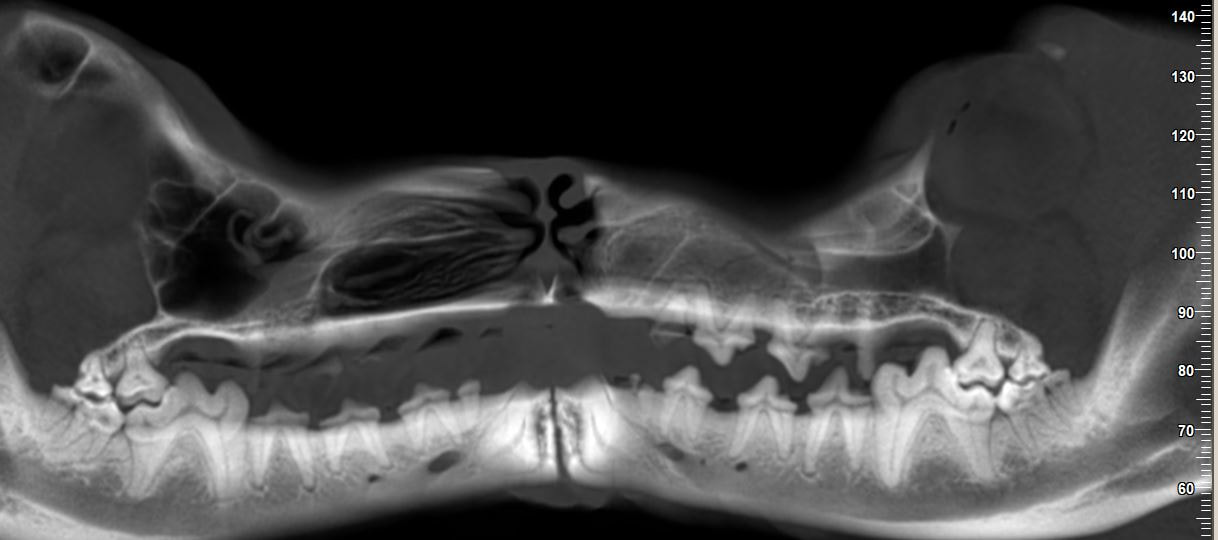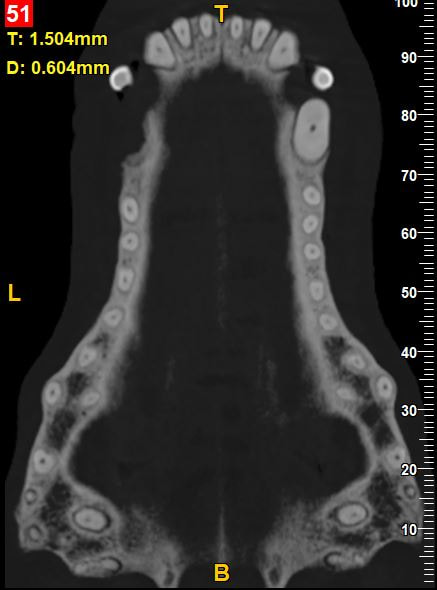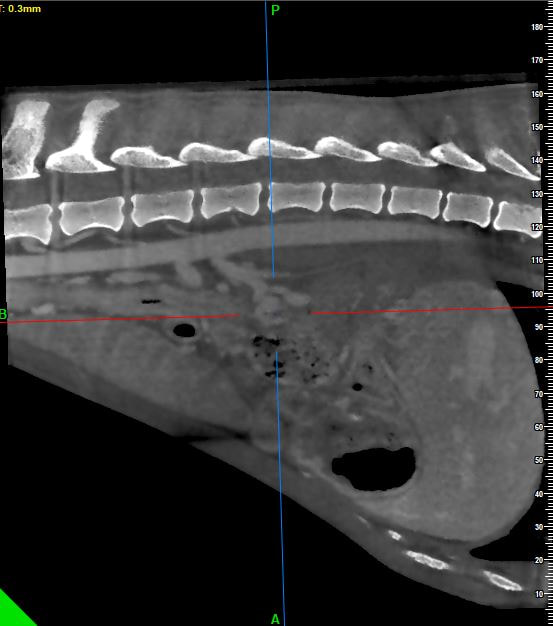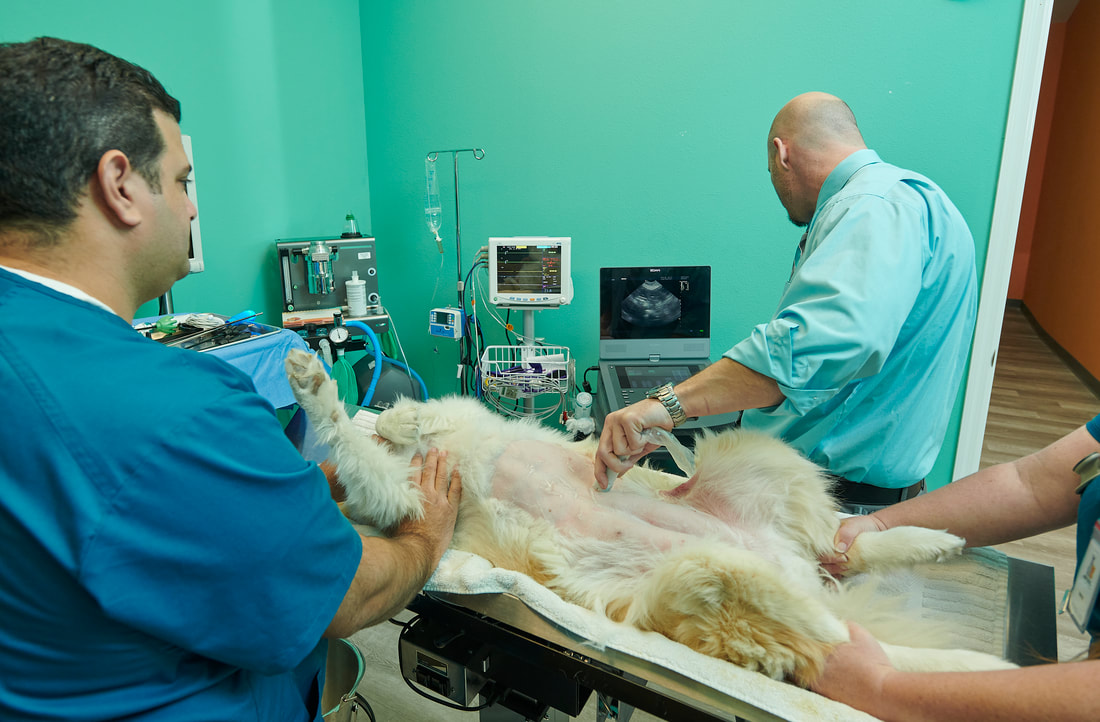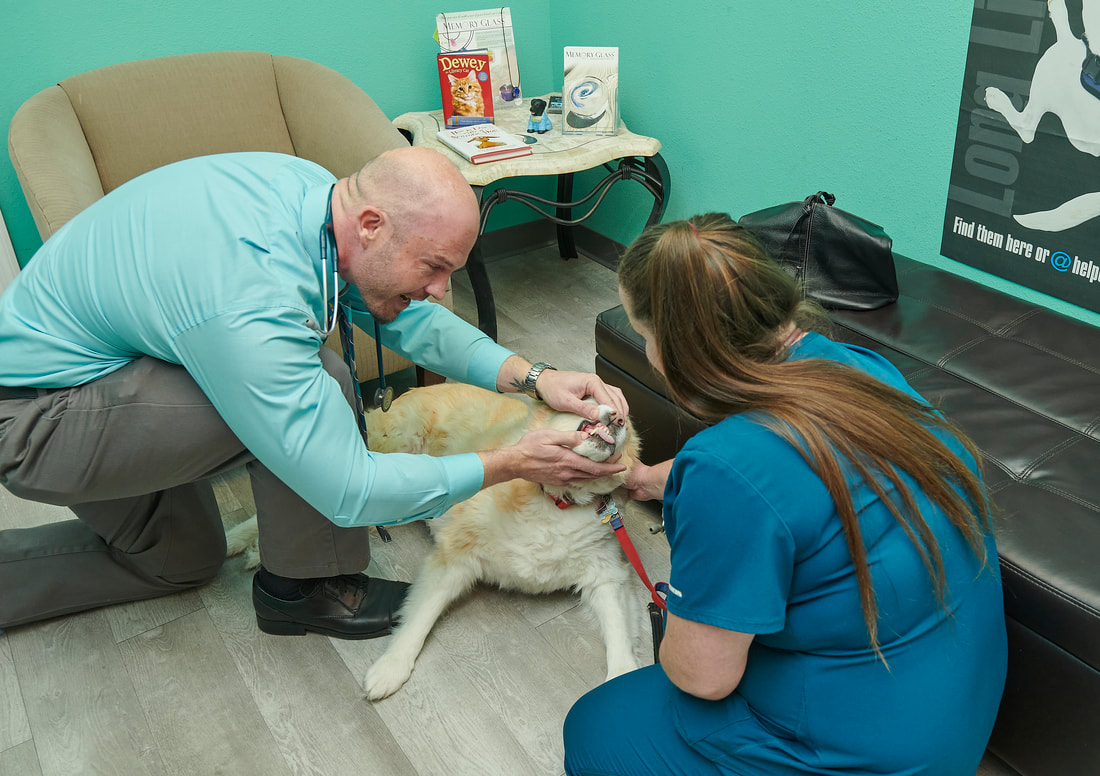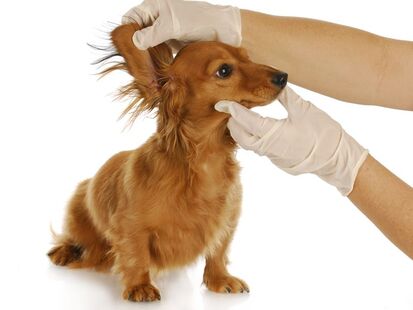What We Offer:
|
-Medical Consultations
-Wellness & Vaccines -Microchip -Health Certificates -Preventative Medicine -In-House Laboratory Diagnostics -Parasite Control (Internal and External) -Small Animal Medicine and Surgery (including Spay, Neuter, & Vasectomy) -CO2 Surgical Laser |
-Limited Orthopedic Surgery
-Ultrasound -Radiography -CT scans -Nutritional Counseling -Premium Pet Diets & Pet Supplies -Boarding Services -Dentistry -Physical Therapy (click for more details!) -Laser Therapy and much more!! |
Going on vacation? Ask us about boarding!
|
Parting with your best friend, even for a short period of time, can be stressful. You want to ensure that your cat or dog is left with the most attentive and loving people out there in a healthy and fun environment. Burnt Store Animal Hospital understands this desire and aims to be a facility you can turn to for peace of mind whenever you may need to leave town without your pet.
|
What Vaccines are Needed?
DogsRabies: The rabies vaccine is required by law and protects against the fatal illness. Rabies can be transmitted to other pets and people through the bite of an infected animal. See bottom of this page for links on uploading Rabies Certificates for Charlotte and Lee Counties.
Distemper (DA2PP): This combination vaccine protects against viruses that cause life-threatening neurologic, respiratory and gastrointestinal issues. Leptospirosis: This vaccine protects against bacteria that can cause deadly kidney or liver disease. Leptospirosis is also transmissible to people. Lifestyle Vaccines: These might be recommended if your dog visits boarding facilities, groomers, training classes, dog parks, and other social settings. Bordetella: This vaccine protects against an airborne respiratory virus known as "Kennel Cough." Canine Influenza: The canine influenza vaccine protects against contagious respiratory viruses. |
Cats |
Rabies: The rabies vaccine is required by law and protects against the fatal illness. Rabies can be transmitted to other pets and people through the bite of an infected animal.
Distemper (FVRCP): This combination vaccine protects against viruses that cause life-threatening respiratory and gastrointestinal issues. Lifestyle Vaccine: This is given to all outdoor cats, including those who go out occasionally -even if it's just on an open porch. Feline Leukemia: This vaccine protects against the contagious and often fatal disease, which is easily spread between cats. |
Dentistry
Our hospital offers a variety of Dentistry Services. At your pet's yearly examination it may be determined that they require a dental cleaning. Routine veterinary dentistry involves prophylaxis (teeth cleaning), polishing, and a full oral examination.
Dental prophylaxis is performed with your pet under general anesthesia. It involves cleaning the surface of each tooth and scaling below the gumline, where food, bacteria, and tartar build up. To ensure the safety of your pet, pre-operative blood work will be performed prior to the anesthesia.
During a dental procedure, your veterinarian evaluates your pet's teeth for fractures, caries (cavities), excessive wear, and other abnormalities. Your veterinarian will also examine around the gums to detect periodontal disease.
Sometimes teeth need to be extracted. CT Scan can aid in selection of teeth needing to be pulled and to aid in evaluation of tumors, retained tooth roots, periodontal and other oral diseases. This is accomplished by providing a 3-D image of the entire head. If your pet is found to have more advanced dental or periodontal disease, your veterinarian may recommend more contoured, specialized procedures.
Dental prophylaxis is performed with your pet under general anesthesia. It involves cleaning the surface of each tooth and scaling below the gumline, where food, bacteria, and tartar build up. To ensure the safety of your pet, pre-operative blood work will be performed prior to the anesthesia.
During a dental procedure, your veterinarian evaluates your pet's teeth for fractures, caries (cavities), excessive wear, and other abnormalities. Your veterinarian will also examine around the gums to detect periodontal disease.
Sometimes teeth need to be extracted. CT Scan can aid in selection of teeth needing to be pulled and to aid in evaluation of tumors, retained tooth roots, periodontal and other oral diseases. This is accomplished by providing a 3-D image of the entire head. If your pet is found to have more advanced dental or periodontal disease, your veterinarian may recommend more contoured, specialized procedures.
Example of Periodontal Disease
"Elevating the standard of veterinary care"
Starts with outstanding equipment!
|
What is a CAT (CT) Scan?
CT stands for computerized tomography and that’s exactly what a CT scan shows: a 3-D image of the internal structures. The patient is inserted into the tube of the CT machine. An X-ray rotates around them taking radiographs at different angles. The 2-D images are like slices of bread, layered on top of each other to create a 3-D view. 2-D images can be viewed as a ‘slice’ / cross-section, referred to as “bread-loafing”, or viewed as a whole 3-D image which can be rotated to examine a certain area of the body at different angles. CT scans allow detection of tumors, disease, and other abnormalities in the organs, soft tissues, and bones, otherwise imperceptible. |
Ultrasound
Ultrasound is a valuable tool for diagnostics in veterinary medicine, just as in human medicine. This instrument allows us to look at the internal organs to check form and function, thus indicating if a concern exists. Another major benefit is the capability of performing ultrasound-guided biopsies. For example, should a small mass be found on the liver, we can use a tiny needle to retrieve a biopsy sample. Without these means, a much more invasive surgery is necessary to obtain it. We consider this equipment a necessity for our clients and patients to receive the highest quality veterinary care.
What happens during a pet exam?
During a routine wellness examination, we will ask you questions about your dog's diet, exercise, thirst, breathing, behavior, habits, elimination patterns (i.e., bowel movements and urination), lifestyle, and general health. We will also perform a physical examination of your dog. Based on your pet's history and physical examination, we will then make recommendations for specific preventive medicine treatments such as vaccination, parasite control (including preventive treatments for fleas, ticks, intestinal parasites and heartworms), nutrition, skin and coat care, weight management or dental care. In addition, we will discuss your pet's individual circumstances and decide whether any other life-stage or lifestyle recommendations would be appropriate.
Registering your Pet's Rabies Certification:
After getting your pet's rabies vaccination, upload the certificate to the county's website to keep their license up to date.
Below are links for Charlotte and Lee Counties for your convenience.
Below are links for Charlotte and Lee Counties for your convenience.

